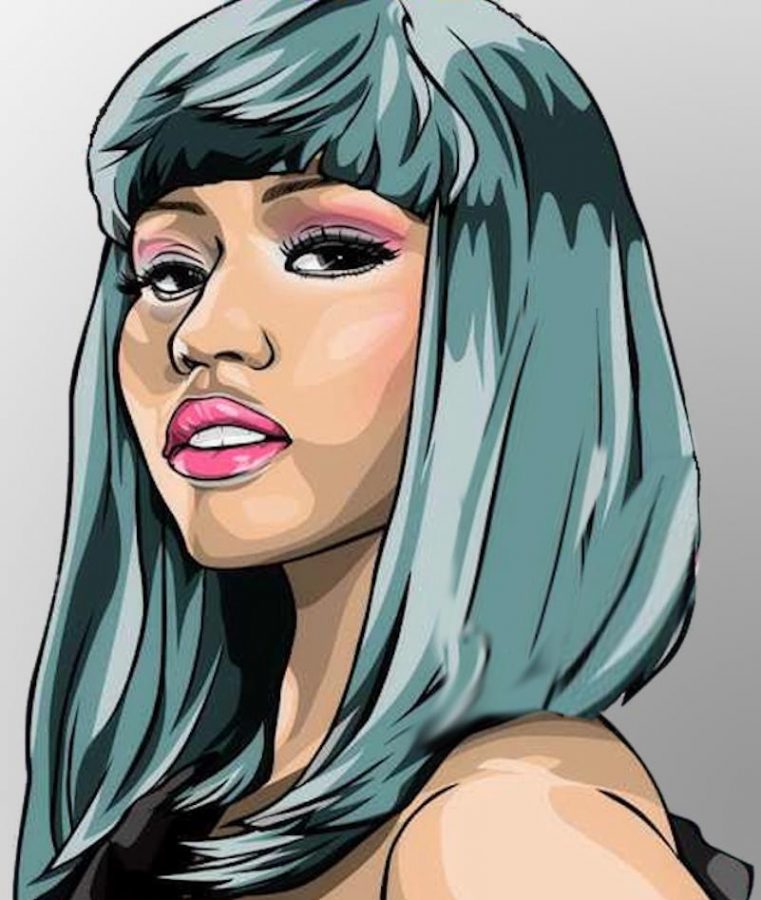People of color who’ve become public figures are commonly perceived as representations and reflections of their communities. They are sometimes considered to be the spokespeople of every social issue and are encouraged to use their platforms to aid their communities. Although awareness of the struggles that people of color experience on a daily basis is a part of our national conversation, it is an incredible responsibility to place on the shoulders of public figures of color. Not only are their lives scrutinized as all of their decisions are amplified under a microscope for the world to see, but they’re also expected to be ethical ideals for the cameras.
There is constant pressure to deviate from racial stereotypes at any given chance, almost as if their good behavior is capable of erasing racial prejudices that date back centuries. Until a few decades ago, these opportunities to affect change were extremely rare. Fortunately, it appears as if globalization has opened the doors for people of color. Our voices have been permitted to be more than those for pure entertainment. However, an unspoken rule to stir away from stereotypes still runs across various industries and professions. We continue to fear that these doors will close once again if we let old narratives about race to go back into fashion.
Nevertheless, there is one specific industry that seems to thrive on perpetuating stereotypes. Throughout history, hip-hop music has continued to profit on these harmful narratives despite the impact they create within and for black and Latino communities. The lyrics and personas of many musicians of color play into the tropes of violence and promiscuity among these minorities. Although the negative repercussions of their degrading works can be observed in their communities, the artists themselves have acquired enough wealth and influence for the consequences of their actions to be irrelevant to them. There are exceptions to this: Beyonce and Jay-Z continue to advocate for the black community despite the fact that their money shields them from sharing the same struggles as others, and they’ve become embodiments of success and the possibility of a post-racial America. Unfortunately, there are plenty of other hip-hop artists who prefer infamy as long as it translates into sales.
The most recent and tragic example of this trend happened during New York Fashion Week. A physical altercation between Nicki Minaj and Cardi B was caught on camera. Some believe that this fight was merely a publicity stunt that has been brewing for the past months. However, the details of this “performance” are irrelevant because enough damage has been done. As representatives of their communities, these two artists have fallen prey to stereotypes that people of color have tried to eradicate from our culture.
Nicki Minaj has been repeatedly criticized for perpetuating the trope of the “angry black woman.” Despite being one of the most successful female rappers of all time, she seems to be mostly known for her public feuds and controversial persona. On the other hand, Cardi B has profited from her charisma and likable personality. However, she is far from being a victim. Due to her exaggerated demeanor and Hispanic heritage, she’s been accused of presenting herself as a caricature of a black woman by fellow rapper Azealia Banks. Moreover, her volatile and violent tendencies have been well documented by the reality television show “Love and Hip Hop.”
This altercation was fueled by the public and the media. Both women were instantly labeled as enemies to one another as soon as Cardi B’s music reached a new level in popularity. The hostility between the artists was manufactured by fans and tabloids alike, almost as consumers expected such reactions to be the natural aftermath. Although diss tracks and aggressive competition are very characteristic of the hip-hop music industry, it seems that female rappers are unable to form a community within it. They are constantly pinned against each other and as they create more drama, more money seems to go their way. It almost seems as though the public enjoys talking about women of color fighting for their entertainment rather than their contributions to culture.
Nicki Minaj and Cardi B might not want to be role models, but their fame has given them the responsibilities of representing their communities. As they have risen from poverty into incredible wealth, they should be spreading a message of hard work as the key to success rather than dishing out petty feuds. Both women are already receiving their fair share of publicity, which I am sure converts into dollars of record and ticket sales. However, as they profit from their stunt, the implications of its effects were also captured by the image of Serena Williams as a primitive and violent black woman by an Australian cartoonist. At the end of the day, these artists’ actions reflect in their communities and have real consequences in the lives of women of color.


